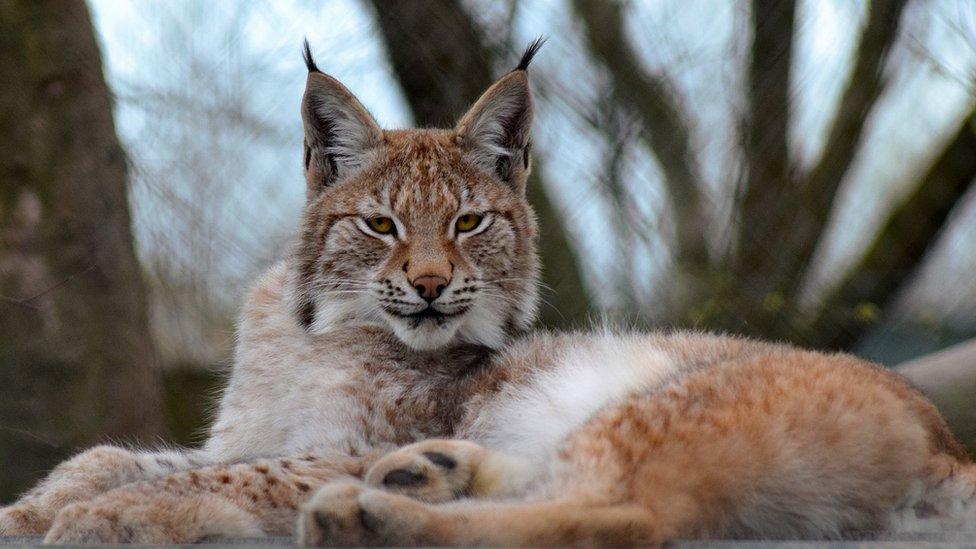Five crocodiles in Monmouthshire dangerous animal hotspot
- Published
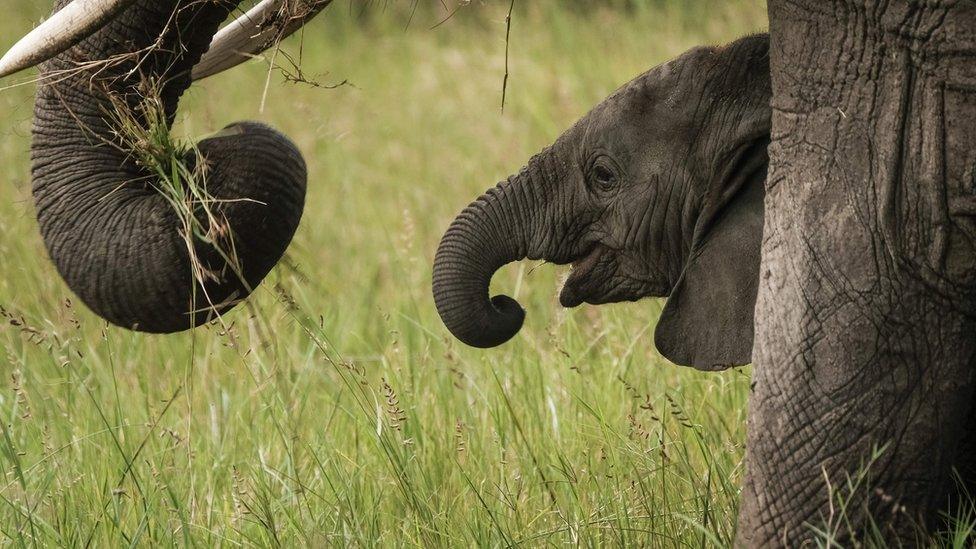
What is the likelihood of spotting an elephant in a back garden in Carmarthenshire?
Five crocodiles and 10 venomous snakes that are being kept in Monmouthshire make it one of Wales' dangerous animal hotspots.
A person in Swansea also keeps a puma for a pet, while there is an elephant in Carmarthenshire.
Figures show 306 animals regarded as dangerous are kept privately in Wales, not on reserves or at zoos.
An animal charity is worried these could be kept in "unsuitable environments".
The Born Free Foundation asked every local authority in Wales what dangerous wild animals are currently licensed to be kept in private hands.
Animals licensed to be kept in private hands include rescued animals, animals such as wild boar and ostriches on farms and those used for TV and film, but a large proportion were being kept as personal pets, the charity said.
As well as Carmarthenshire's one Asian elephant, there is a zebra in Neath Port Talbot and an ostrich and eight venomous snakes in Powys.
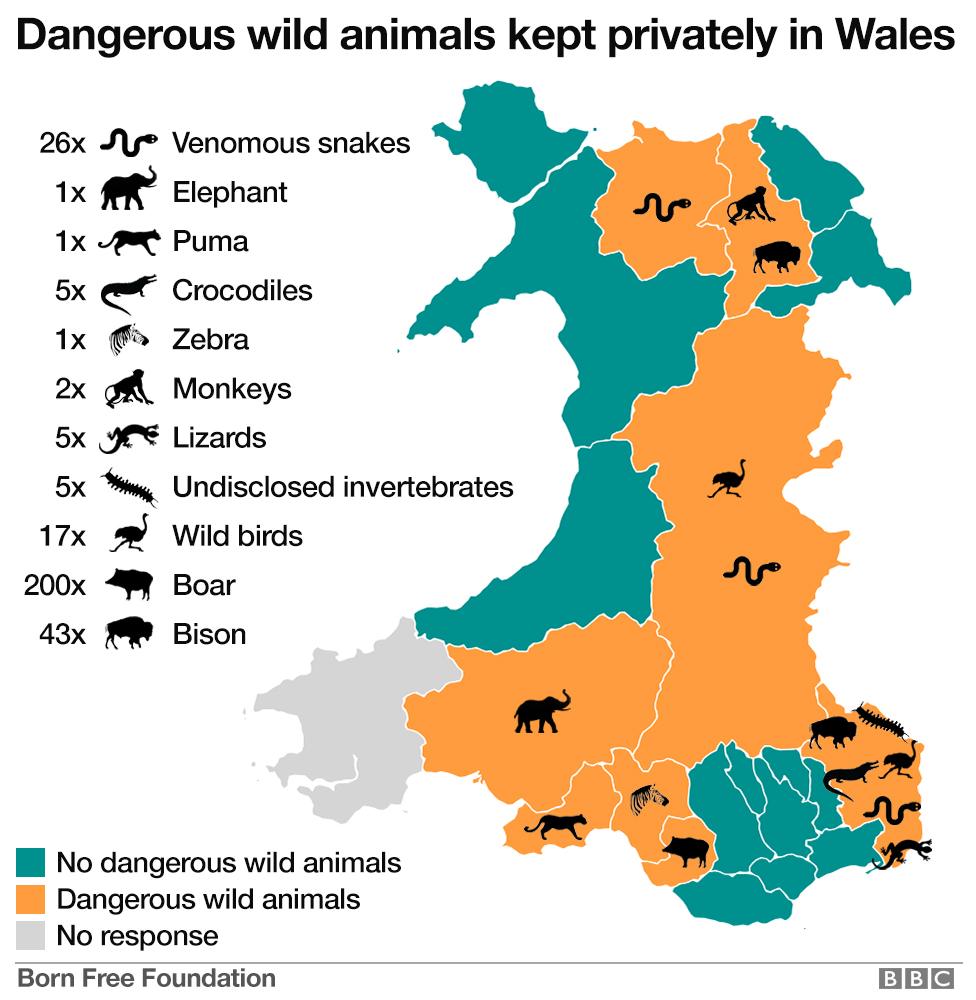
Bridgend has 200 boar, Conwy has eight venomous snakes and Denbighshire has a cotton-top tamarin, spider monkey and 35 bison.
However, Monmouthshire had the widest variety.
As well as five crocodiles, there are eight bison, 16 ostrich, 10 venomous snakes, five venomous lizards and five venomous spiders and scorpions.
There were none reported in Wales' 14 other local authority areas.
The same survey found wolves, lions, cheetahs, bears and tigers being kept in England.
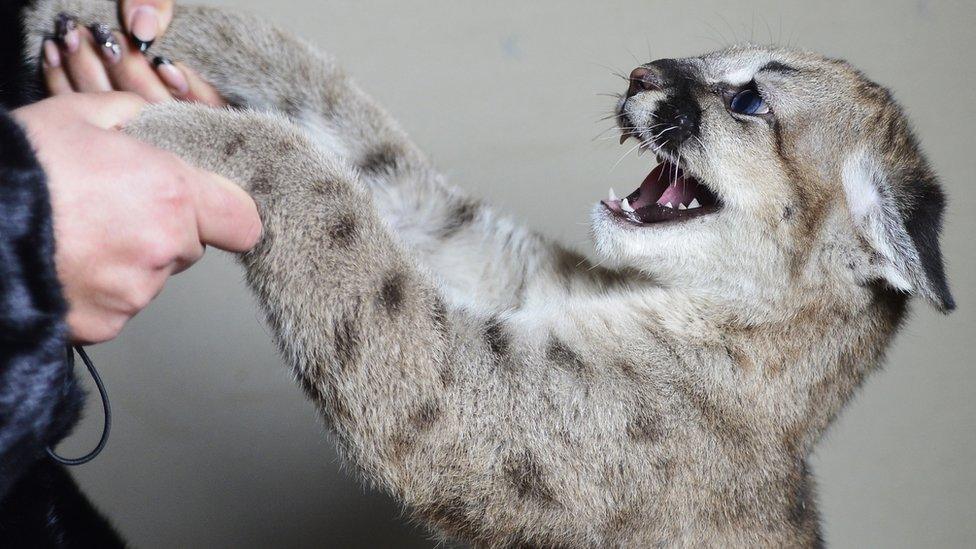
Somebody in Swansea has a licence for a puma
While those with licences included people who use animals for television and films, keep them on farms and rescue them, the charity believes most are being kept as pets.
Currently, anyone in Britain can keep a dangerous wild animal as long as they obtain a licence from their local authority.
The licence application requires them to demonstrate that their animals are properly contained and not at risk of escape.
Earlier this year, rural affairs minister Lesley Griffiths announced plans to look at licences for some animals including travelling falconry and hawking displays, exotic pets taken into schools for education purposes and reindeer at Christmas events.
Born Free's Dr Chris Draper said: "The keeping of wild animals as pets is a growing concern.
"The widespread use of the internet has made it easier than ever to 'order' or purchase a wild animal without clarification as to where it has come from or how it should be cared for."
- Published23 June 2018
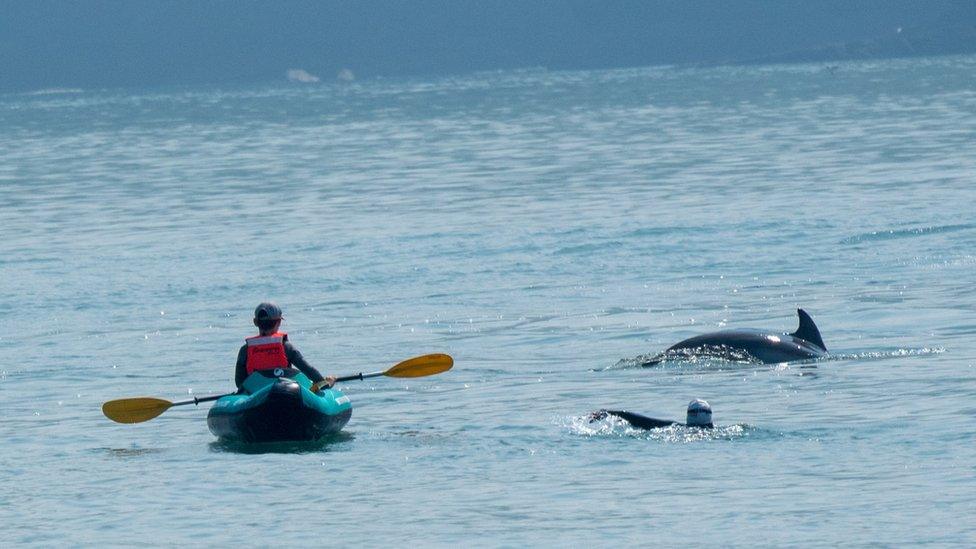
- Published14 February 2018
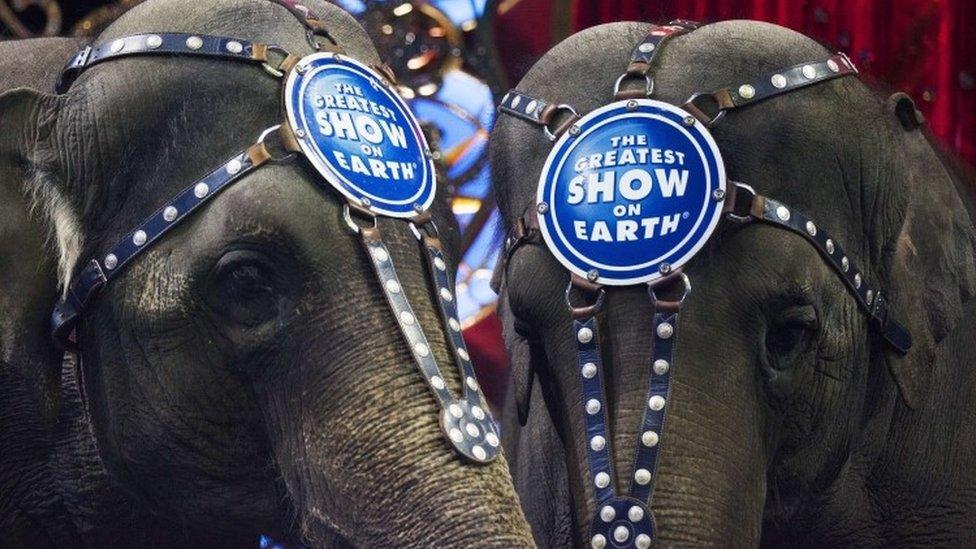
- Published28 November 2017
